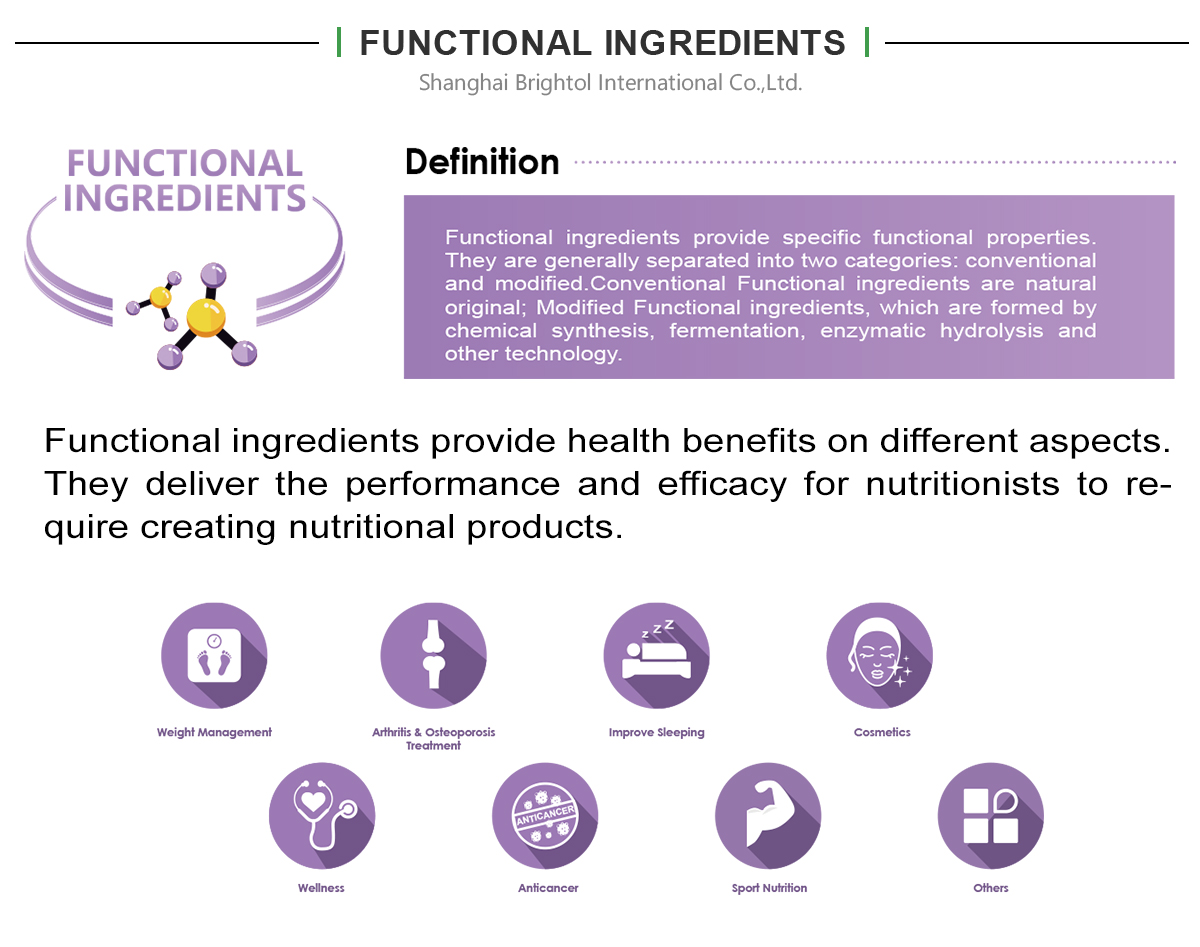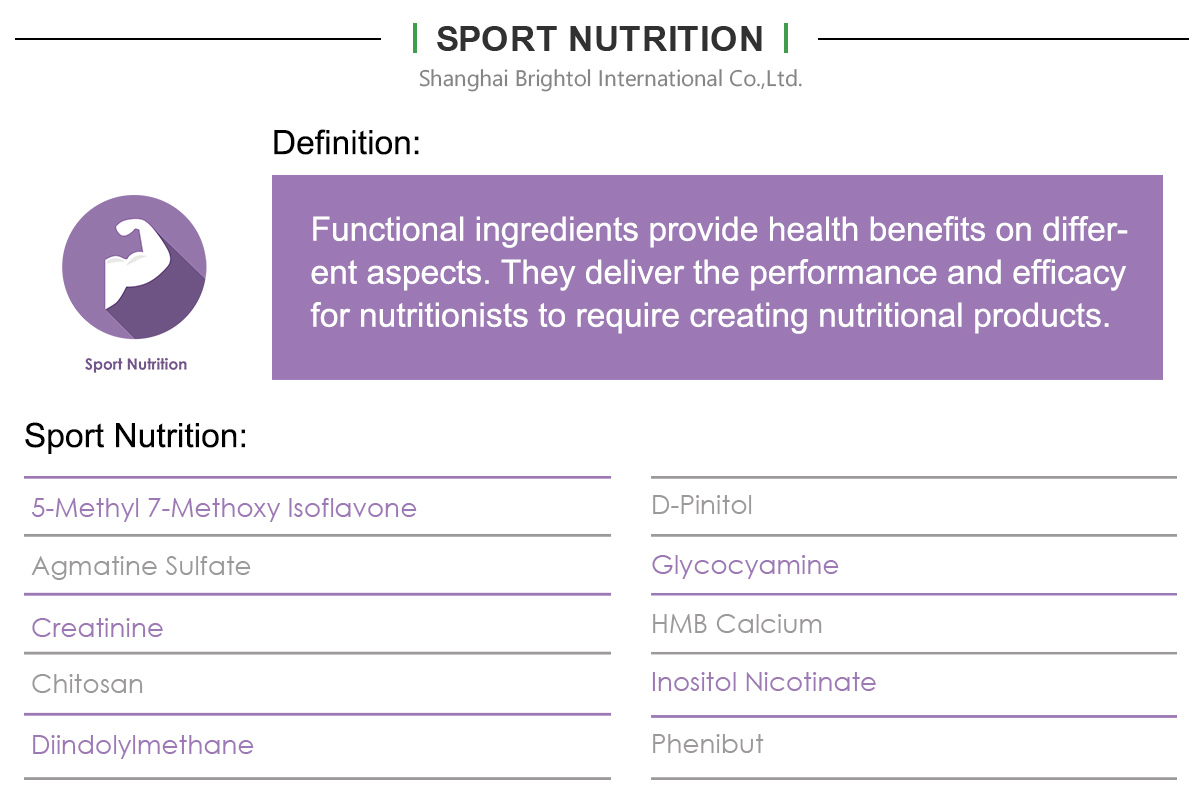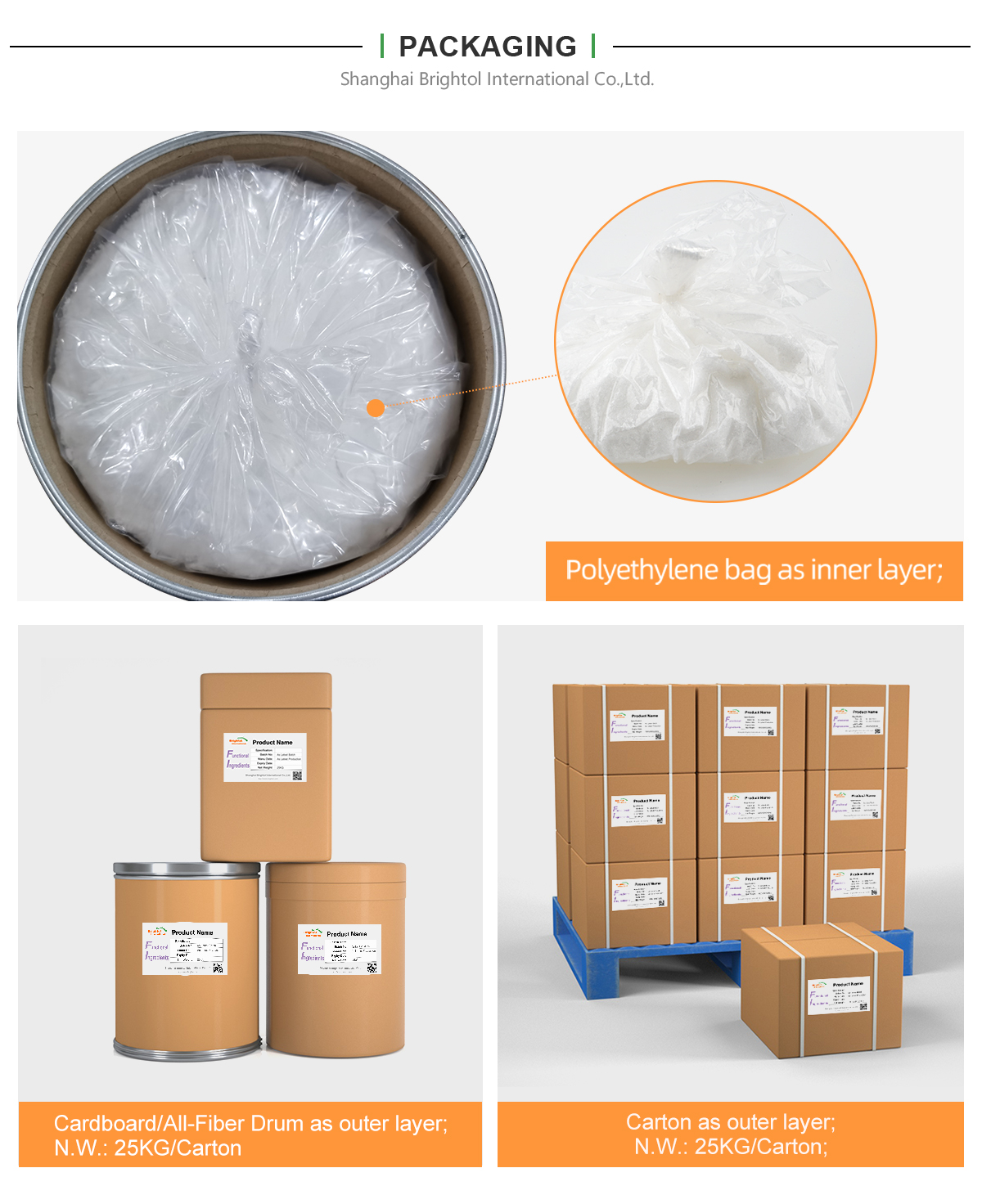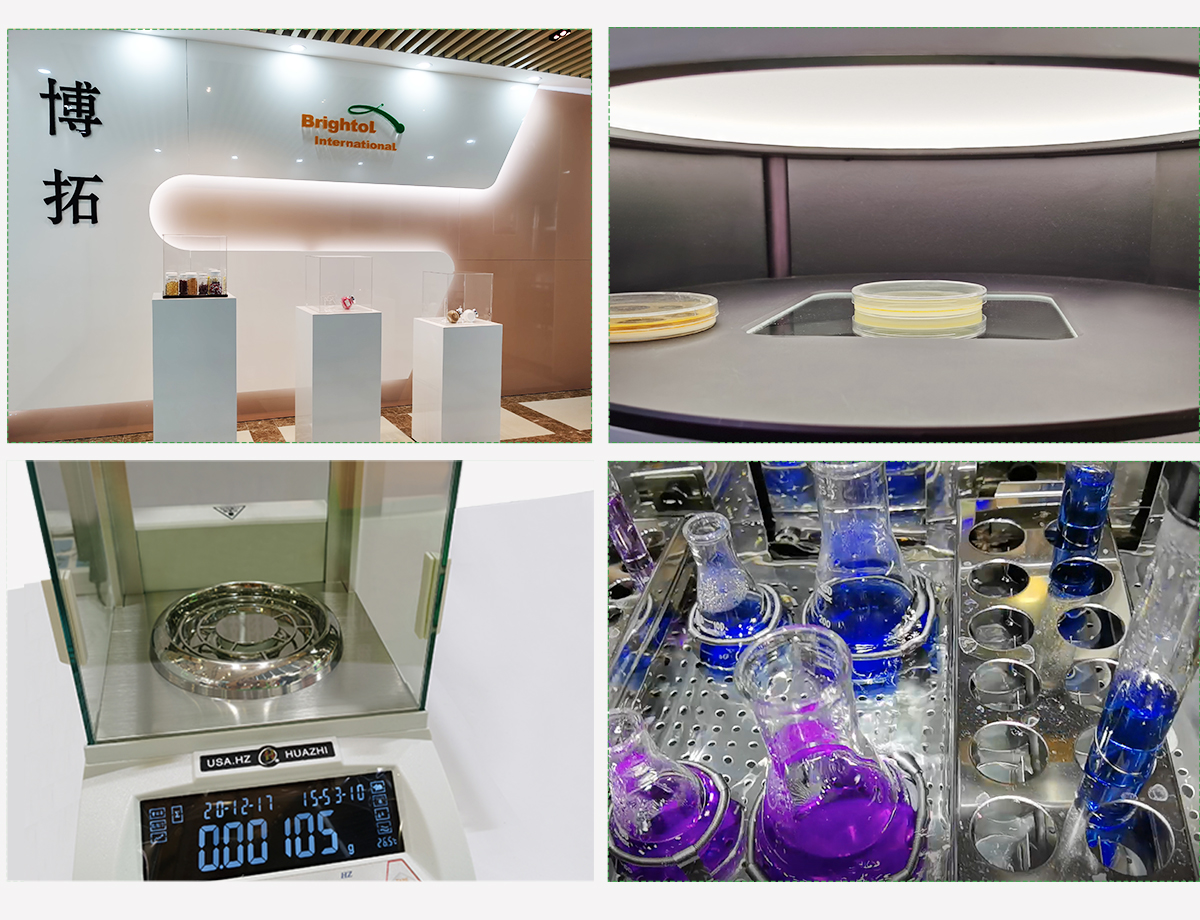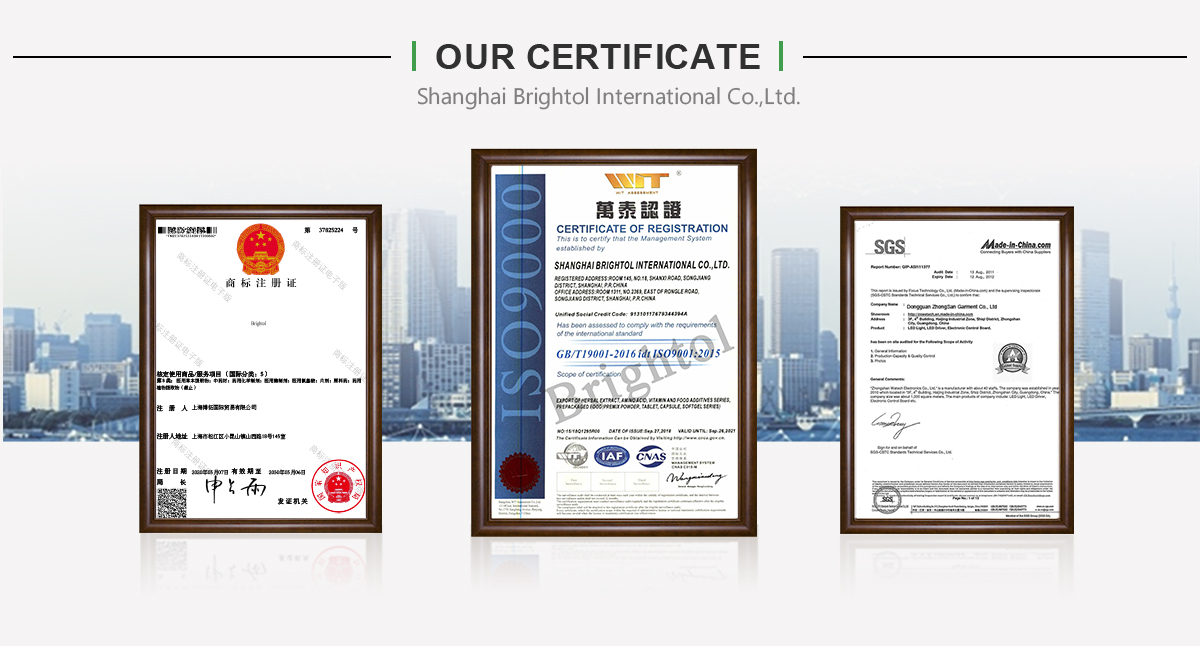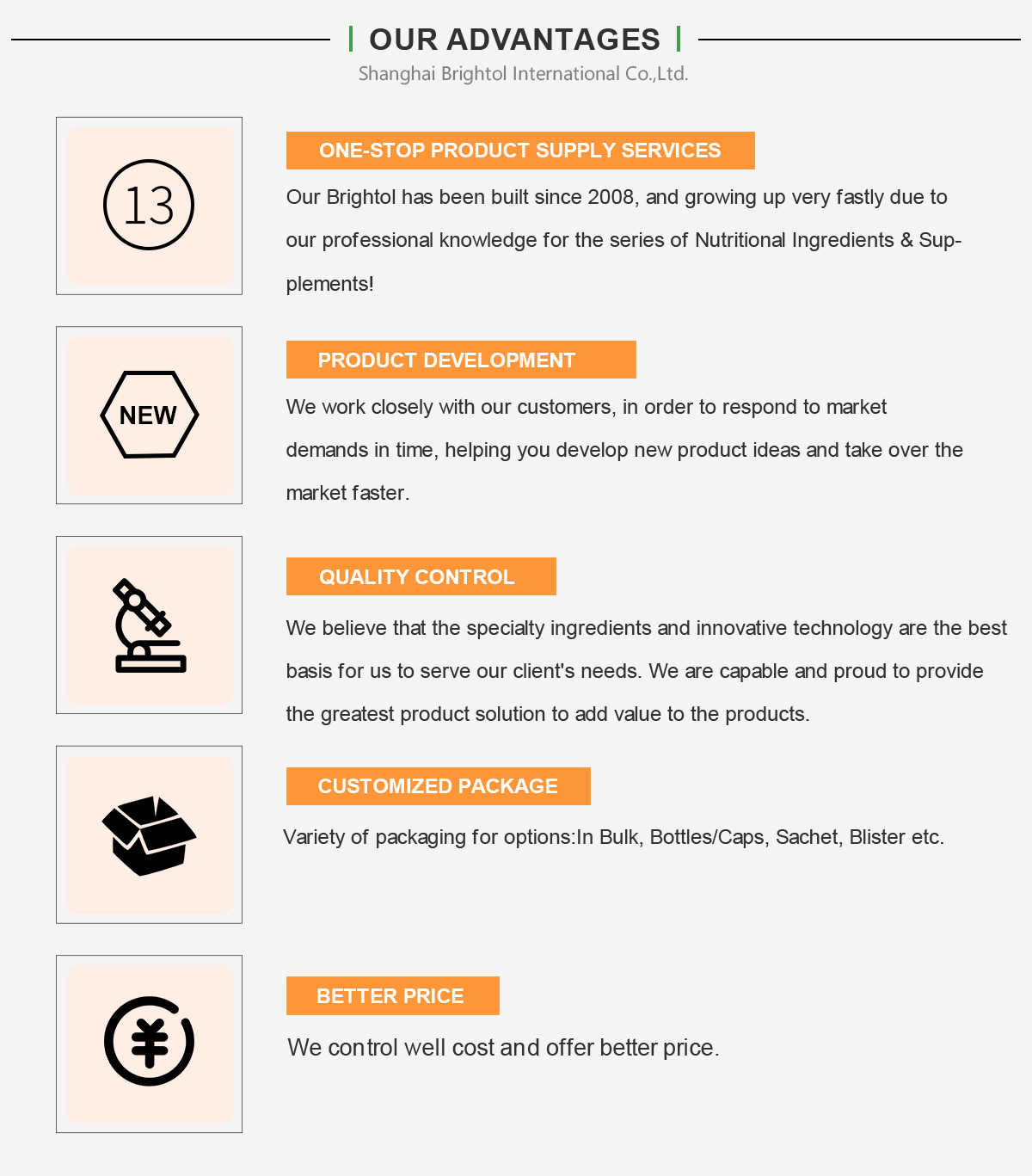

Product Name: Glycocyamine
Synonyms: Guanidineacetic acid; N-Amidinoglycine; N-Guanylglycine
Molecular Formula: C3H7N3O2
Molecular Weight: 117.11
CAS No.: 352-97-6
EINECS: 206-529-5
Description:
Glycocyamine, more often known as GAA or guanidinoacetate, is part of a group of compounds known as guanidine. It is the immediate precursor of creatine in the body. Glycine is formed by your body by combining the components glycine and arginine – this creation occurs mainly in the liver. Once developed, a portion of the GAA is transported to your liver where GAMT, or guanidinoacetate methyltransferase starts the methylation process and converts it into creatine.
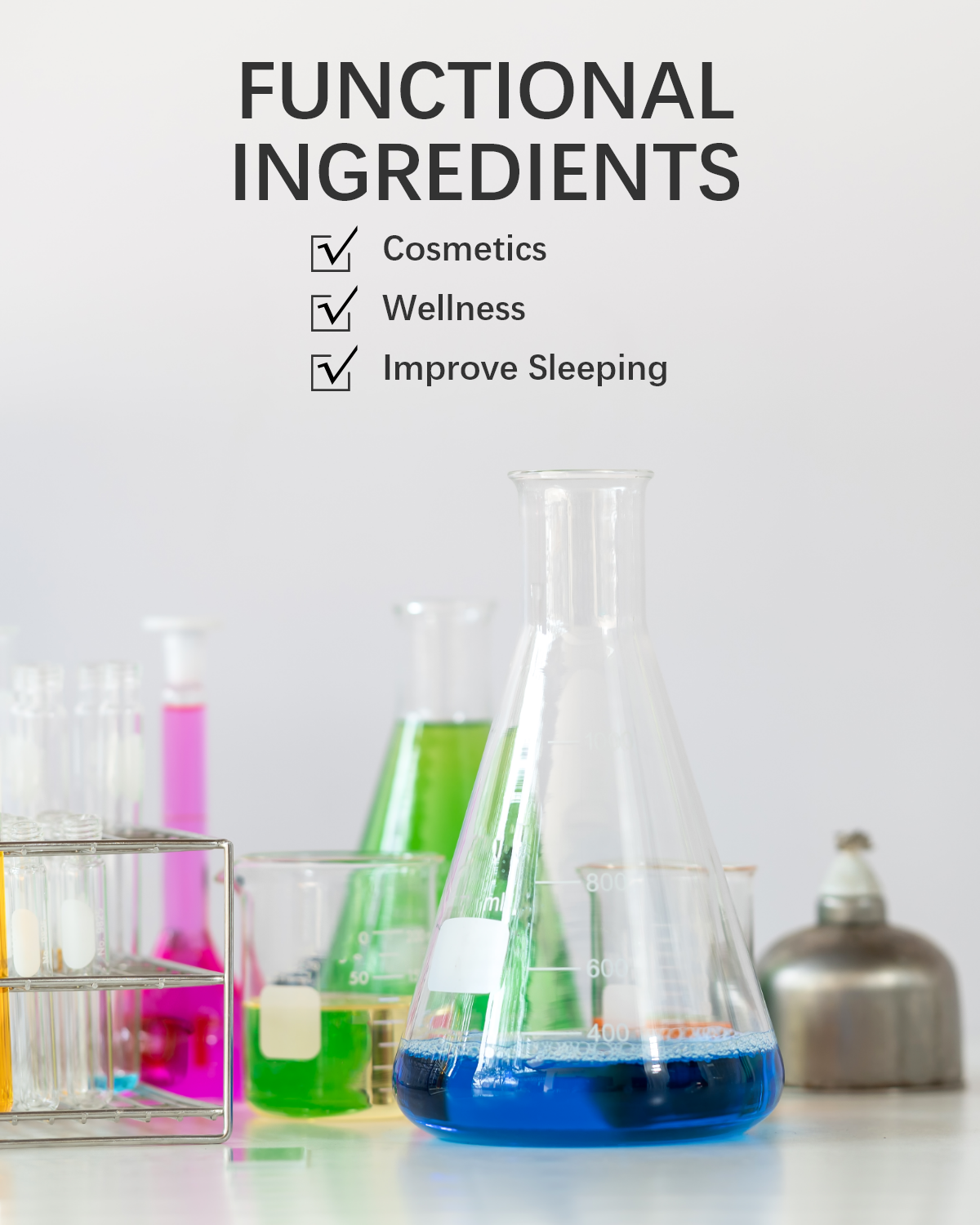

Product Name: Glycocyamine
Synonyms: Guanidineacetic acid; N-Amidinoglycine; N-Guanylglycine
Molecular Formula: C3H7N3O2
Molecular Weight: 117.11
CAS No.: 352-97-6
EINECS: 206-529-5
Description:
Glycocyamine, more often known as GAA or guanidinoacetate, is part of a group of compounds known as guanidine. It is the immediate precursor of creatine in the body. Glycine is formed by your body by combining the components glycine and arginine – this creation occurs mainly in the liver. Once developed, a portion of the GAA is transported to your liver where GAMT, or guanidinoacetate methyltransferase starts the methylation process and converts it into creatine.
Benefits:
To understand the benefits of glycocyamine, you must first understand the limiting factor of creatine – which is the creatine transport. Since muscle tissue is not able to be synthesized by creatine, you must transport it into muscle cells through blood circulation by the creatine transporter. After creatine supplementation plateaus, an increase of dosage of creatine will gain you no more benefit or advantage because the muscle creatine transporters are saturated.
This means that any supplement that is designed to improve the efficiency and effectiveness of creatine should increase creatine transport – however, glycocyamine does the opposite. As a matter of fact, literature on glycocyamine describes it as a potent inhibitor of CRT, or the creatine transporter. One study confirms this and earlier studies by witnessing creatine inhibiting uptake across the blood-brain barrier by 69.8%. More than likely, this is because GAA also uses the creatine transporter resulting in a competitive inhibition of the CRT.
In addition, glycocyamine replaces creatine in the transportion to muscle tissue with the enzymes required to convert glycocyamine to creatine being absent in muscle tissue. This underscores the importance of glycocyamine as when combined with creatine, muscle creatine levels were increased more than if you just supplemented with creatine alone.
